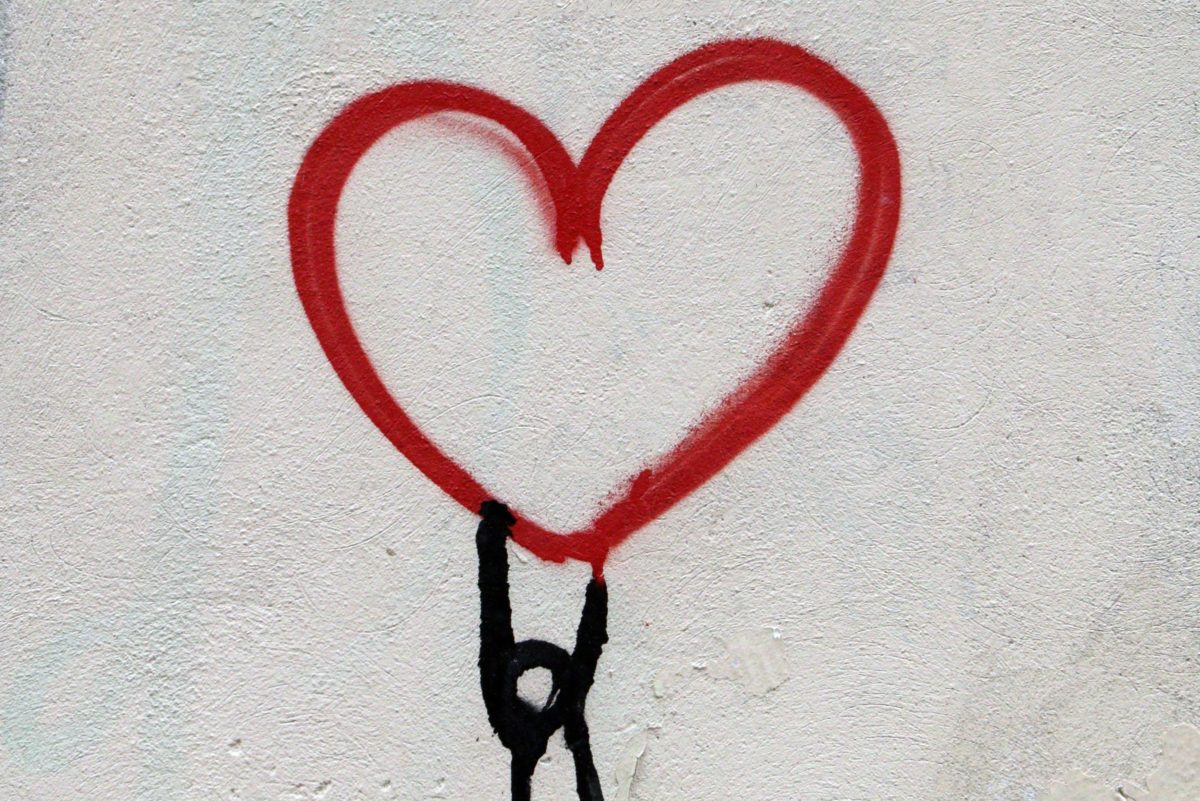How many times have we been told to be kind to others? “Be kind” is a universal advice. Regardless of the situation, being kind is a good idea.
But what happens when we forget to be kind to ourselves? “It’s tough to enjoy life when you don’t like yourself,” author Joyce Meyer muses. This blunt statement cuts deep because it’s true. How can we be kind to ourselves when we don’t like who we are? We can easily pinpoint unkindness towards others, but when it comes to us, why do we turn a blind eye?
The first step is to admit we have a problem. Here are some of the ways we are unkind to ourselves:
- You can’t say no. How often have we said ‘yes’ to others at our expense? Accepting a responsibility at work when we’re sick as a dog, saying yes to a party despite not having had any sleep, giving ourselves away until we have nothing left to ourselves… Pushing ourselves past our comfort zone is a great thing, but perhaps not to the breaking point. Unkindness is seen when we forget to treat ourselves with respect. It’s about forgetting our dignity as human beings. Perhaps it’s time we remember that ‘no’ is not a bad word.
- You let people walk all over you. You’re a person, not a doormat. While it’s true that in the face of a fight it’s nobler to turn the other cheek, that does not mean you should let people walk all over you. We can demand respect with kindness. We’ve all got a spine and it’s high time we used it to stand up for ourselves.
- You apologize for everything. Once, my best friend looked over my shoulder, read a text message I was composing, and asked: “Why did you say sorry? That wasn’t your fault.” How many times have we used the word ‘Sorry’ as a greeting—started a work email with an apology or used it as an introduction before asking for help? Don’t get me wrong, apologizing for our mistakes is necessary to keep our integrity and preserve our relationships. Humbly admit to your mistakes and apologize for them, but do not apologize for things that are outside your responsibility. (For example, the weather is not your fault.) Career growth and personal success coach Kathy Caprino: “You can still be polite, kind and respectful in your communication and in how you share your beliefs, values, and needs. But it’s critical to your ultimate success, your authority and control over your own life, and your confidence and happiness to stop apologizing for what you have every right to express.”
As with anything abstract, there is no definitive methodology to solving these problems, there is however a simple first step that we can all begin practicing right now:
- Speak kind words to yourself. How often have we berated ourselves for days on end for a failure? How often have we spoken harsh words to ourselves – words we would never say to a friend? Perhaps we really are our own worst critic. Harsh words deal very damage to others; the same is true when we hurl it to ourselves. “Sticks and stones may break my bones but words will never hurt me” may be a popular playground chant, but it holds no truth. Psychologist David Sarwer, clinical director at the Center for Weight and Eating Disorders at the University of Pennsylvania(www.npr.org), encourages his patients with eating disorders to “use gentler, more neutral language” when they speak of their bodies. By speaking kinder words, using a gentler tone, and avoiding harsh language, little by little we can create a better narrative in our minds of a kinder, yet truthful, perception of ourselves.
Joyce Meyer suggests a couple more ways to succeed at being ourselves:
- Don’t compare yourself to others. In the age of social media, it has become easier for us to size ourselves up against everyone we see – a cruel and damaging practice that we ought to stop.“God must love variety or He wouldn’t have created us all differently—even down to our fingerprints,” says Meyer. “You’ll never succeed at being yourself if you’re trying to be like someone else.”
- Focus on your potentials instead of your limitations. In his TED talk, American entrepreneur and sales speaker, Jim Cathcart, shared the exact moment that his life was changed forever as he heard a statement from Earl Nightingale on the radio:“If you will spend one extra hour each day studying your chosen field, you’ll be a national expert in that field in five years or less.” “Think about that,” says Cathcart, “if you were to focus half an hour of study on one field of endeavour for five consecutive years, you’d not only transform you, you’d transform the world around you.” It’s extremely easy to focus on what we cannot do and forget the bigger picture. The challenge for us is to look beyond the obvious and see what we can give.
- Keep your flaws to perspective. Everyone makes mistakes. But instead of wallowing in disappointment and failure, we should try focusing on what we can do about them. If we set our minds on we should learn from our mistakes, we change the narrative from failure to opportunity.
More than words, we can also practice kindness to ourselves by actions and our own spirituality. Here are some of the ways we can do that:
- Have the courage to walk away from toxic situations. In a culture that views walking away as giving up, many of us get stuck in situations that are no longer good for us. A colleague who constantly disrespects you, a partner who belittles you or even an environment that suffocates you–these circumstances damage us little by little until there is nothing left of us. Tenacity in adversity is admirable; sometimes it calls for one to tough it out. But discernment is needed when the situation has become threatening to our well-being. Courage involves resilience, but sometimes the most courageous thing you can do is to walk away.
- Be honest with yourself – the good and the bad. Romans 12:3 encourages us to “think of yourself with sober judgment.” If we do so, we would recognize that we have both dignity and flaws, potentialities and limitations. When we realize that we have innate dignity as God’s creation, then we need to render ourselves kindness just as we do others. When we affirm that we have flaws, we can seek forgiveness and help. When we recognize that we were made with potential, we can contribute significantly. When we acknowledge that we have limitations, then we guard against abusing ourselves and letting others abuse us.
Subjecting ourselves to self-flagellation, abuse and pressure from others and ourselves are ways we are unkind to ourselves. If we allow these because we don’t like ourselves, then a proper view is in order. As someone has said, “The truest thing about you is what God says about you.”
Perhaps when we anchor ourselves on what God says about us, we can value ourselves more appropriately and learn to be kinder and gentler with ourselves every day.
Sources:
https://joycemeyer.org/everydayanswers/ea-teachings/how-to-succeed-at-being-yourself
https://joycemeyer.org/everydayanswers/ea-teachings/how-the-habit-of-trust-transforms-your-life
https://www.npr.org/sections/health-shots/2014/10/07/353292408/why-saying-is-believing-the-science-of-self-talk
https://singjupost.com/jim-cathcart-on-how-to-believe-in-yourself-full-transcript/
https://www.psychologicalscience.org/news/releases/how-the-brain-reacts-to-mistakes.html
https://www.forbes.com/sites/kathycaprino/2018/12/04/how-to-stop-saying-im-sorry-when-youre-not-and-why-you-need-to/#1b5f

Lotie Mercado is an Editorial Assistant at Familywise Asia. She loves literature, art and films.



